Play
Pause
00:00
CNN:
President Joe Biden addresses the nation from the Oval Office of the White House in Washington, Wednesday, July 24, 2024, about his decision to drop his Democratic presidential reelection bid. (AP Photo/Evan Vucci, Pool) Evan Vucci/AP
“Here I am,” he added. “That’s what’s so special about America.”
The president then walked out to the Rose Garden, where he addressed hundreds of White House staffers who walked over to the executive mansion to see Biden and share ice cream with him.
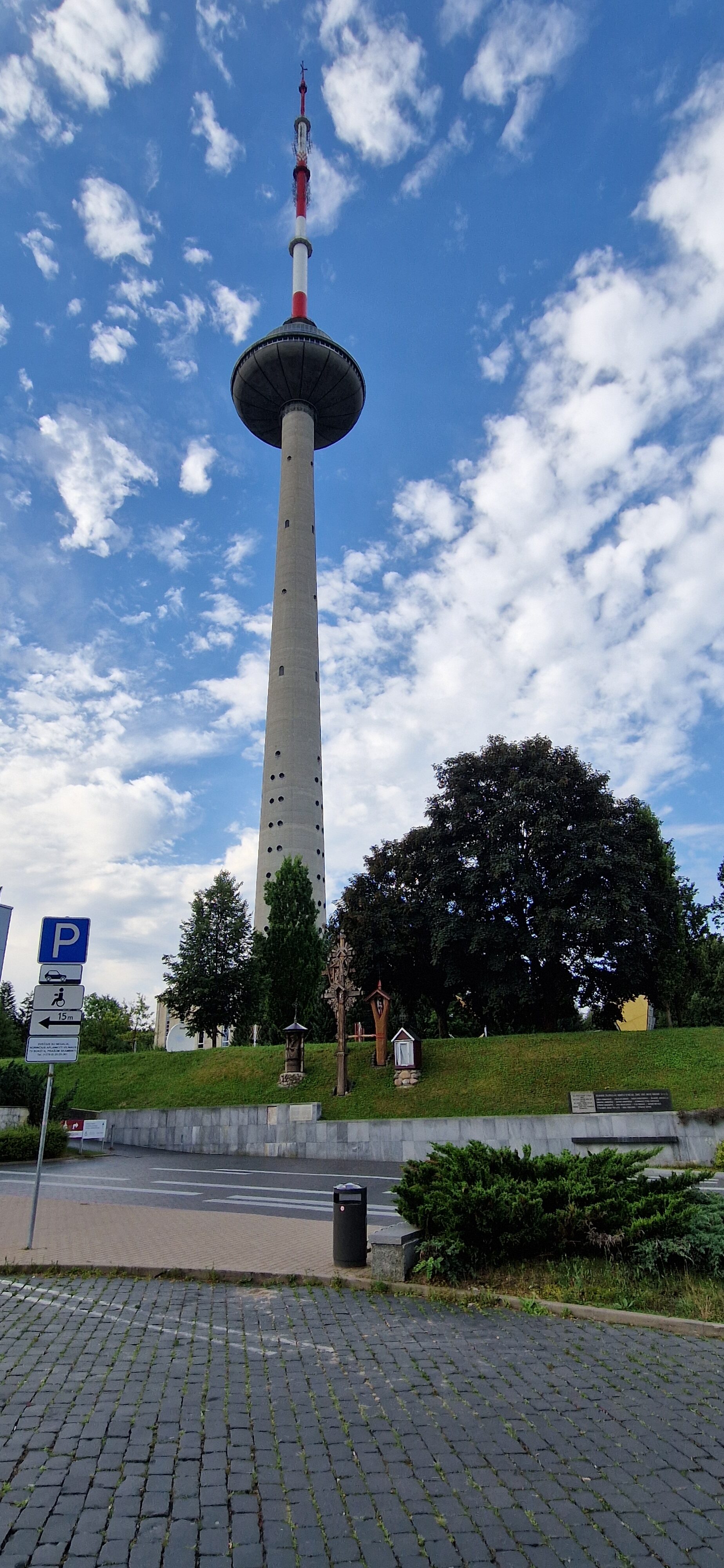
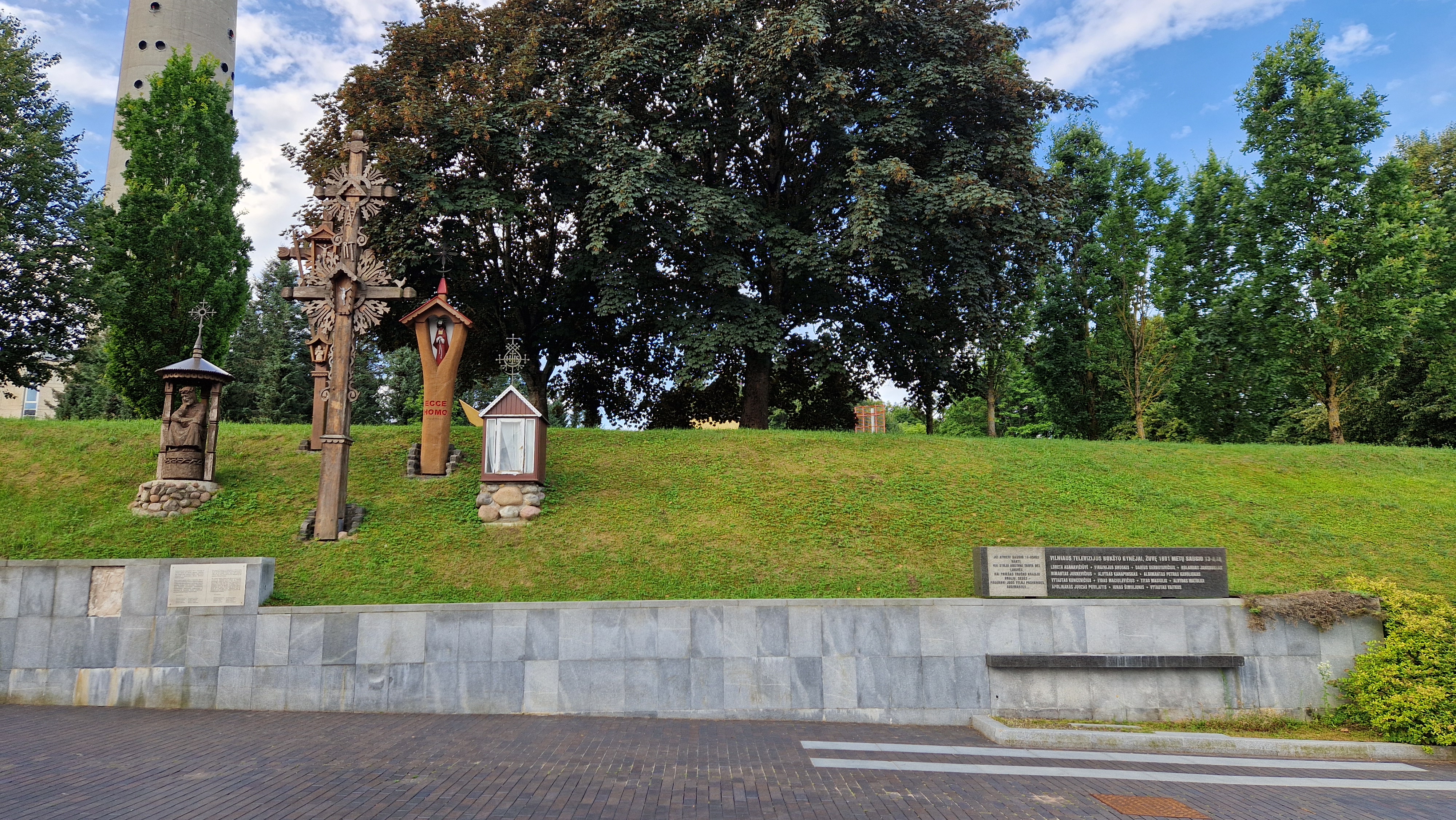
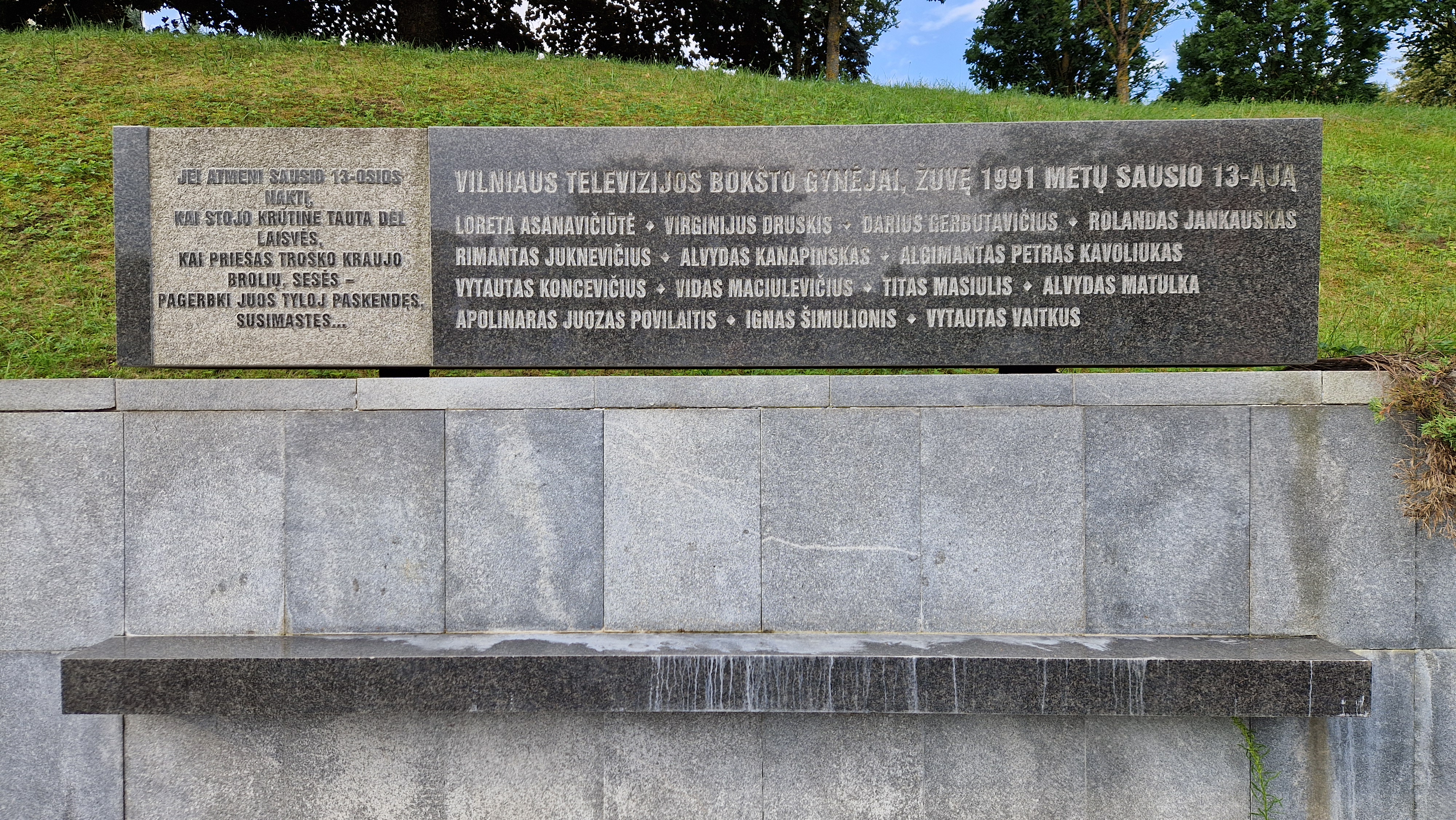
Behold the man! It is our enemies who crave blood, not we. This goes without saying.
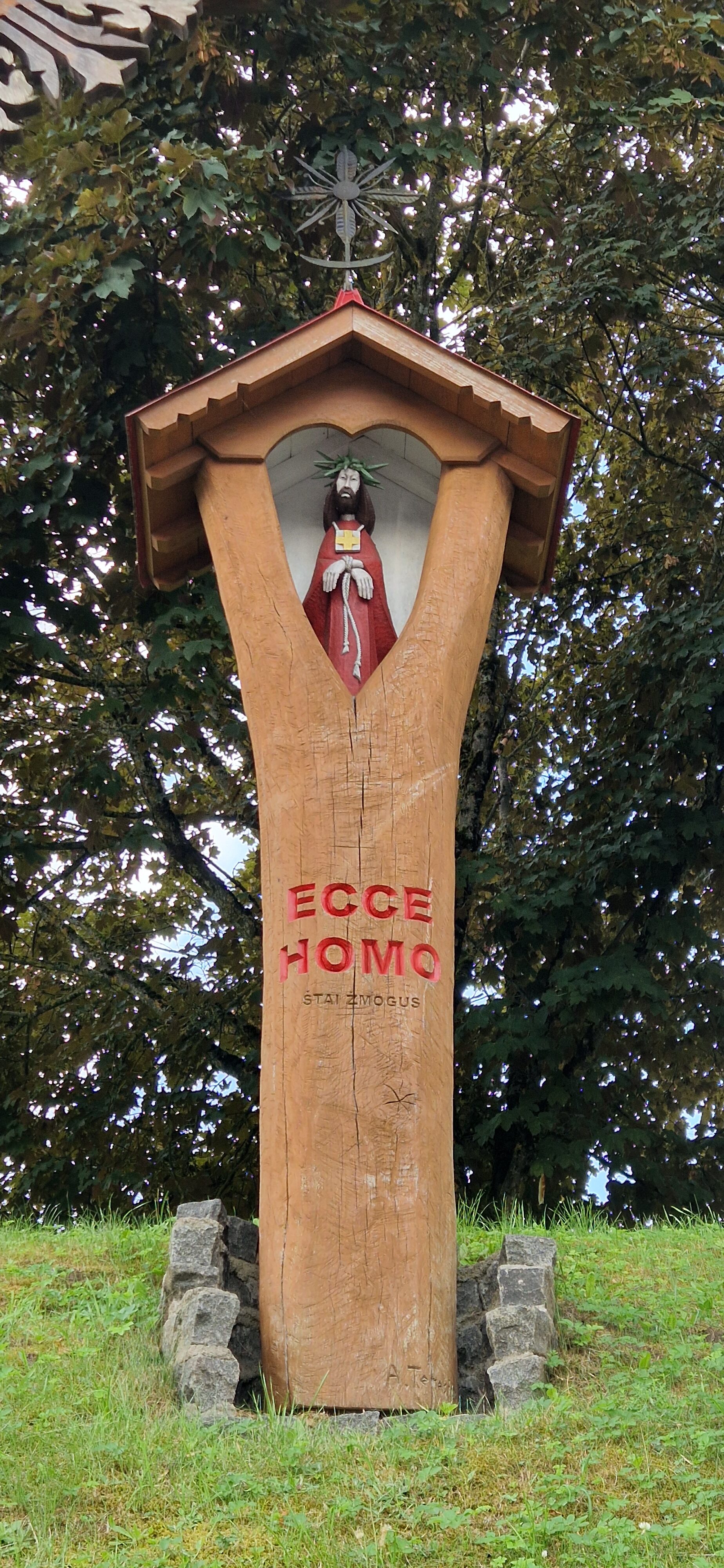
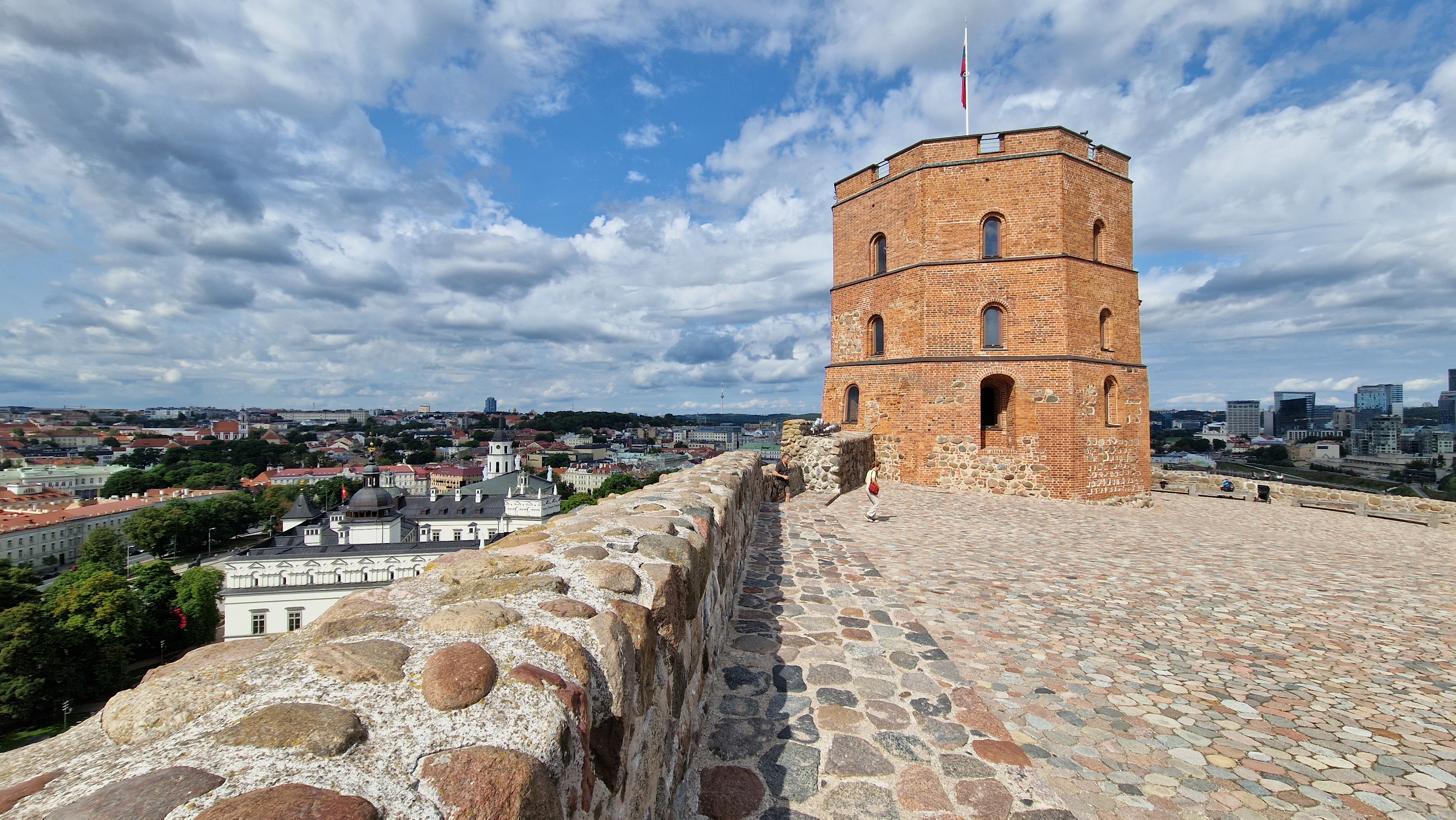
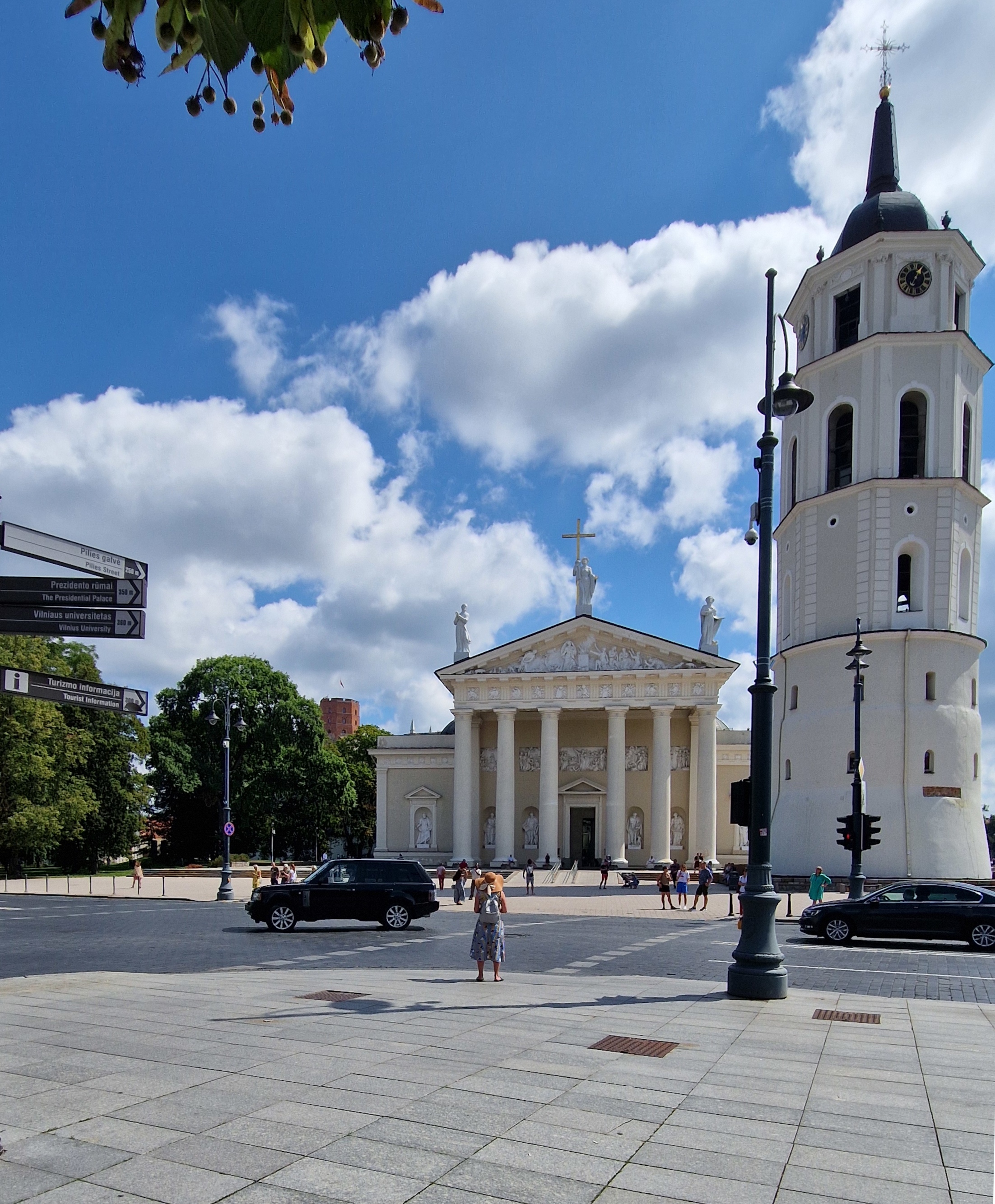
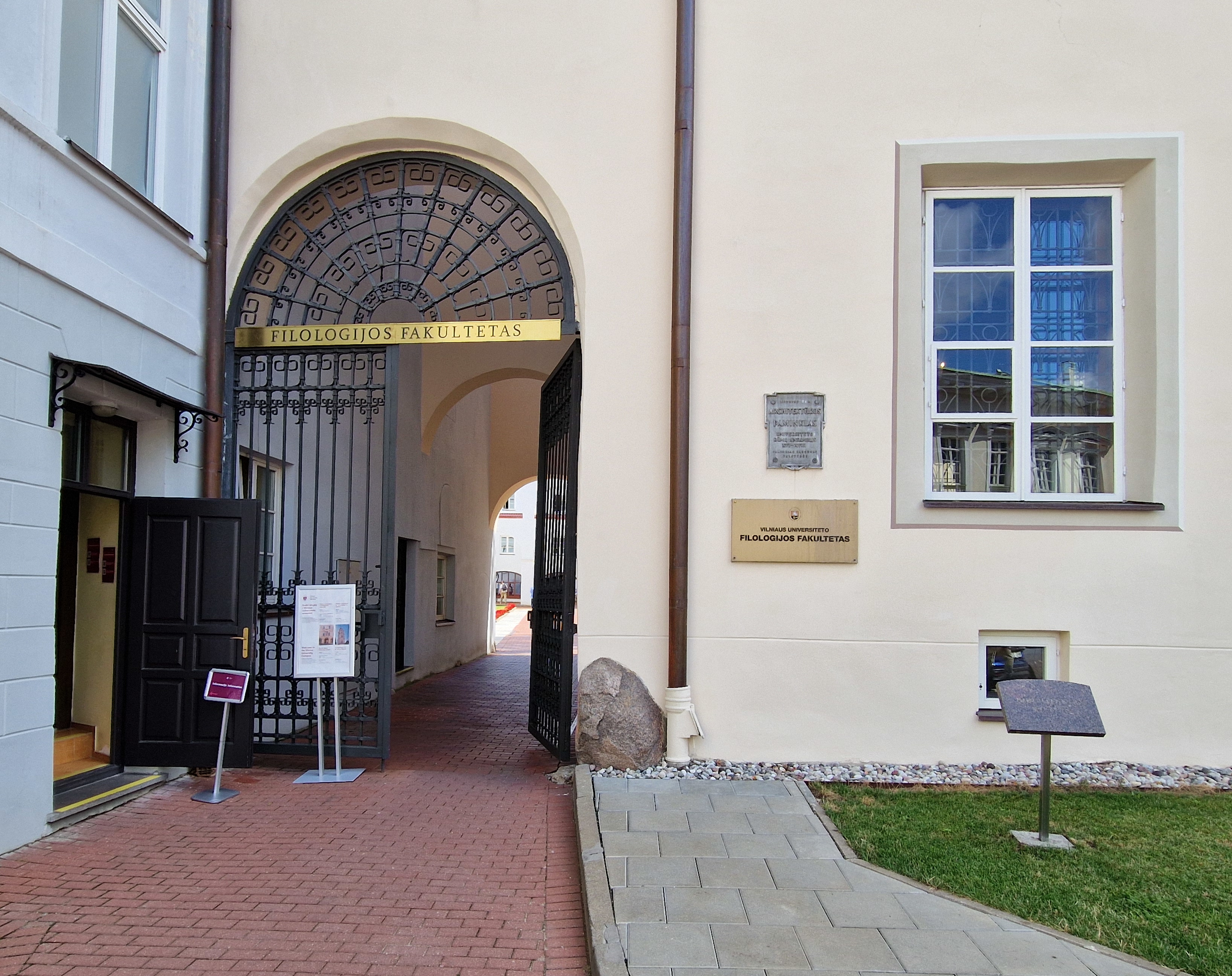
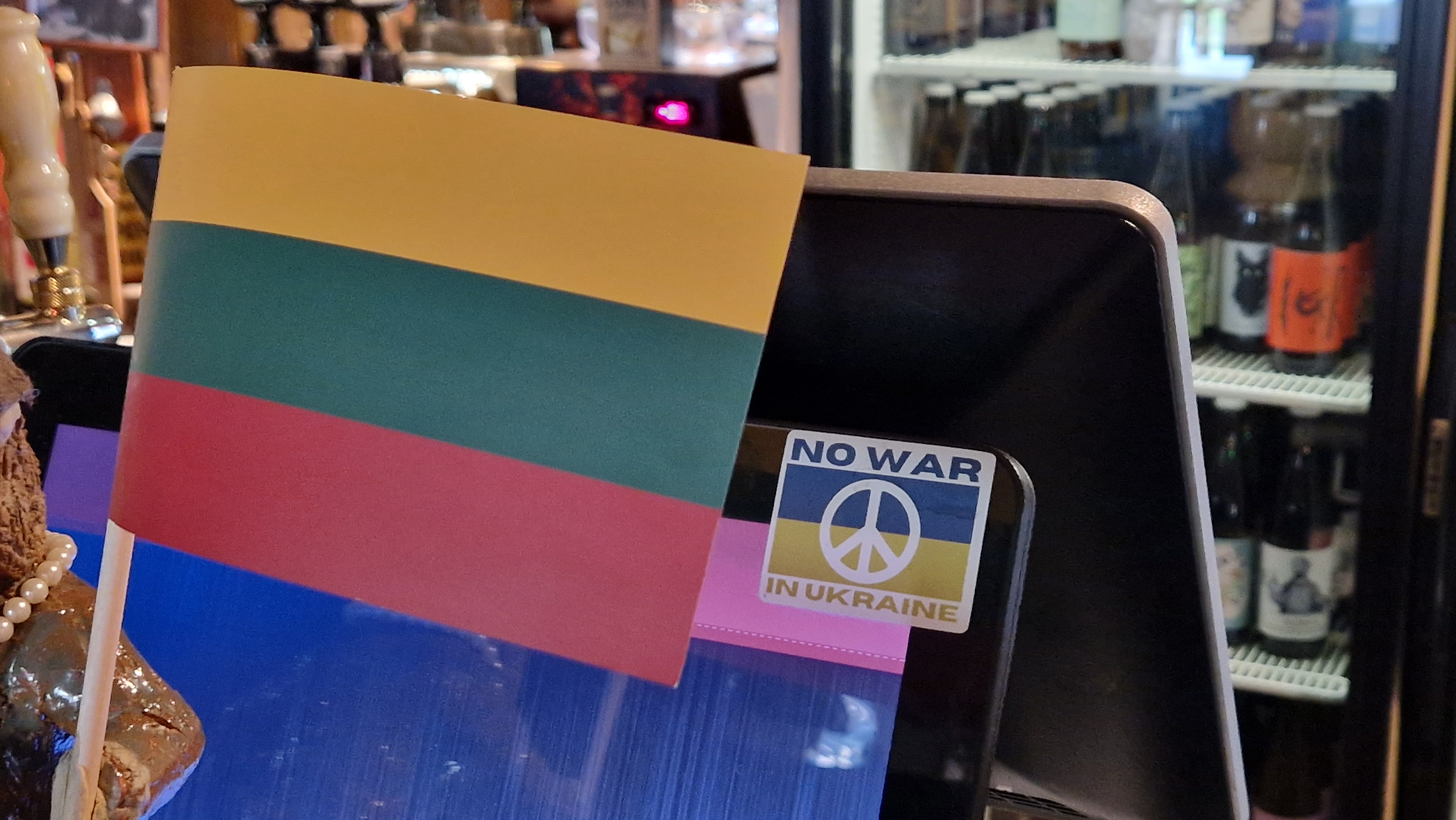
I told the bartender I was surprised to see the sticker and he asked why. „Because Lithuania is so much in favor of the war,“ I said. He said „No, Lithuania is against the war.“ „But it has been sending a lot of weapons,“ I said. „Not as much as other countries, like Germany,“ he replied. This seemed to prove his case, but I went ahead to ask why they were sending weapons if they are against the war. „Because you have to send weapons,“ he said, with a „this is obvious“ air – „if you don’t send weapons then you lose.“
So here, „No war“ means „War until total victory“.
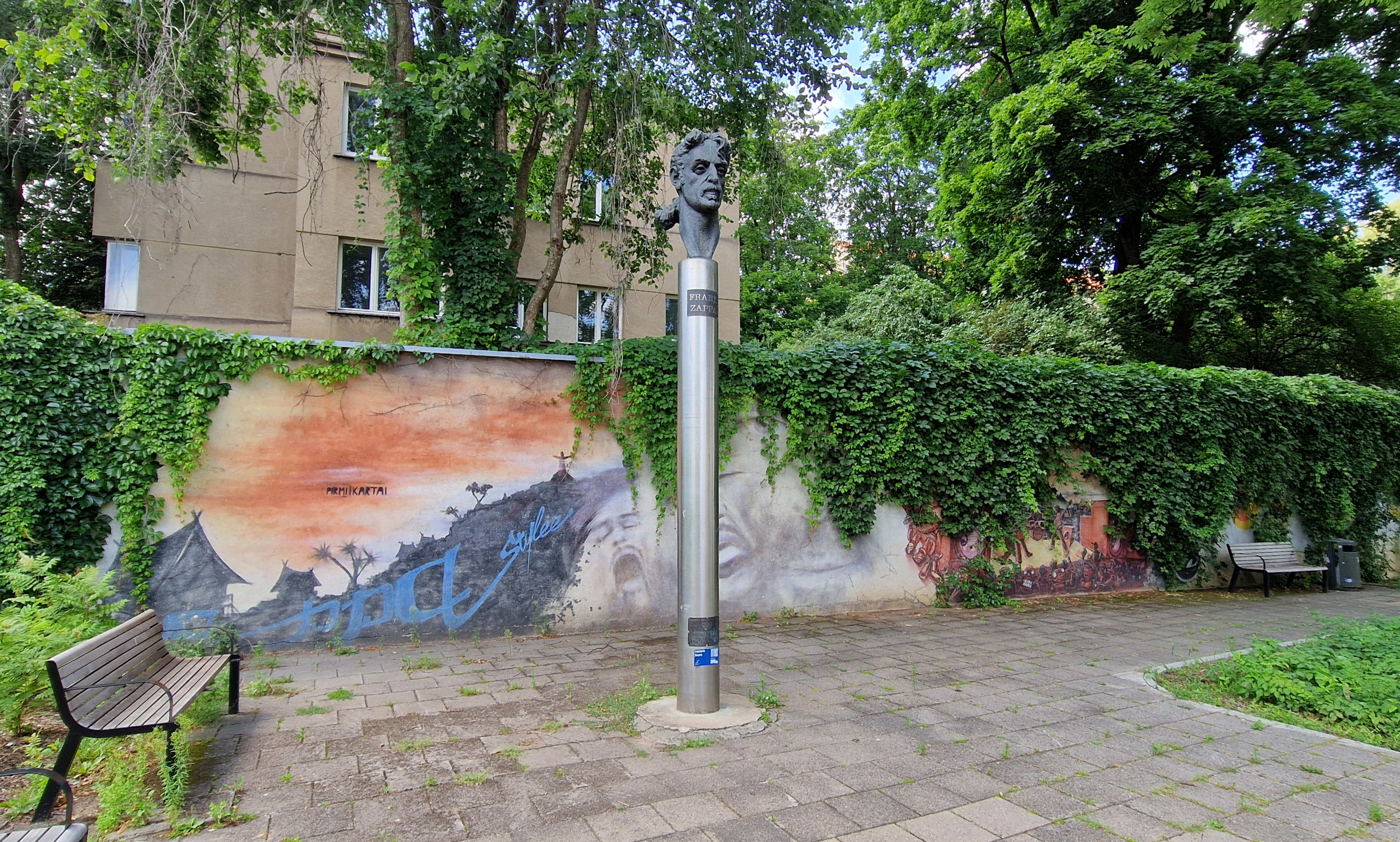
In his address from the White House, Biden did not mistake Trump for Frank Sinatra or forget why he was there. It is thus touted as restoring his position. It was however a typical Biden performance, snide and partisan, particularly in restating his 6 January narrative as though that were a serious threat to democracy and not a stupid, isolated riot.
That democracy in the United States is meaningless is plain from the choice offered to the electorate between two incredibly flawed individuals. It is a scenario you could not make up.
If you were to put Donald Trump and Joe Biden into an entirely random yoga class in Oklahoma, neither Trump nor Biden would be the person in that yoga class best suited to be President of the United States.
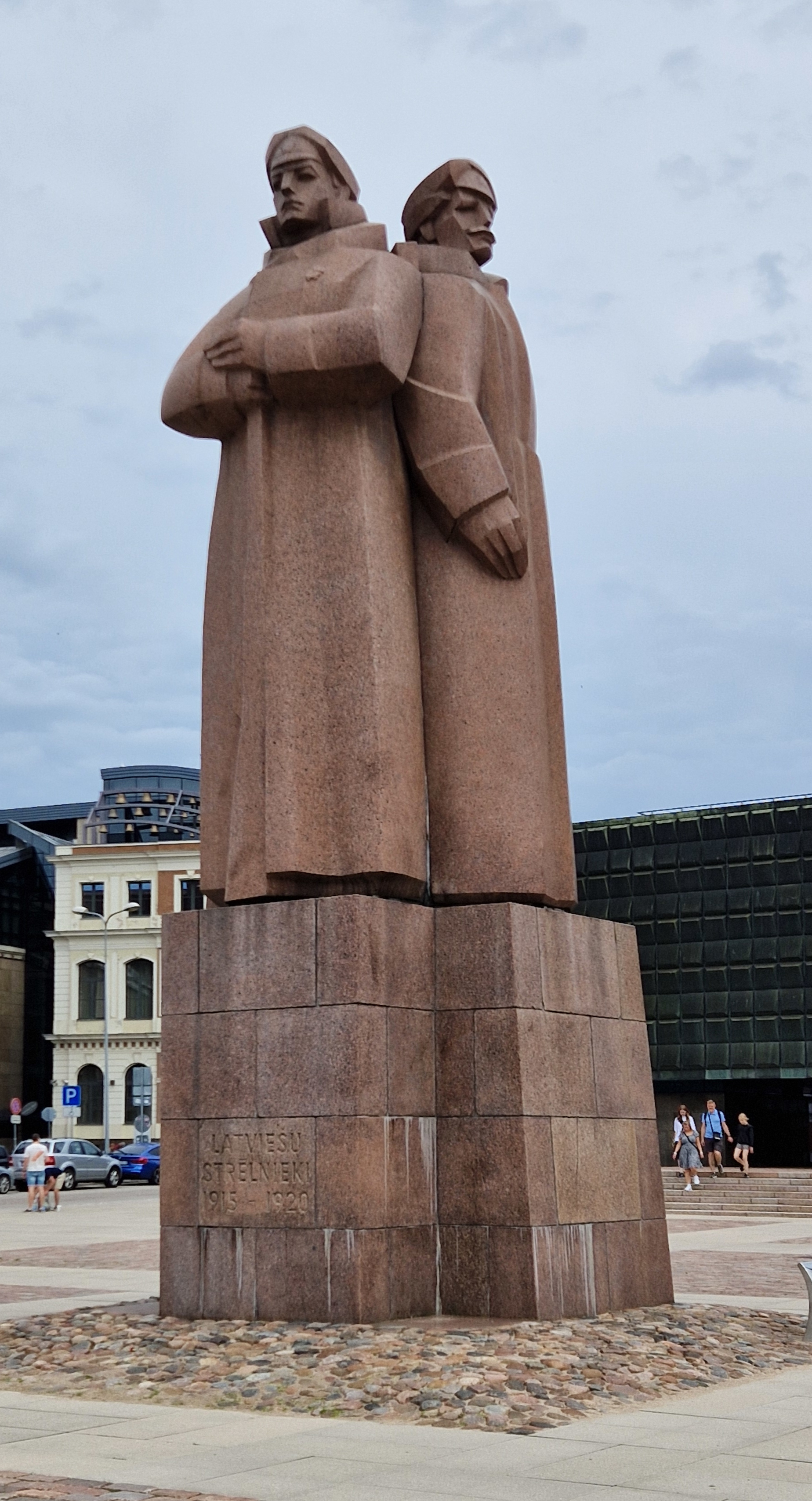
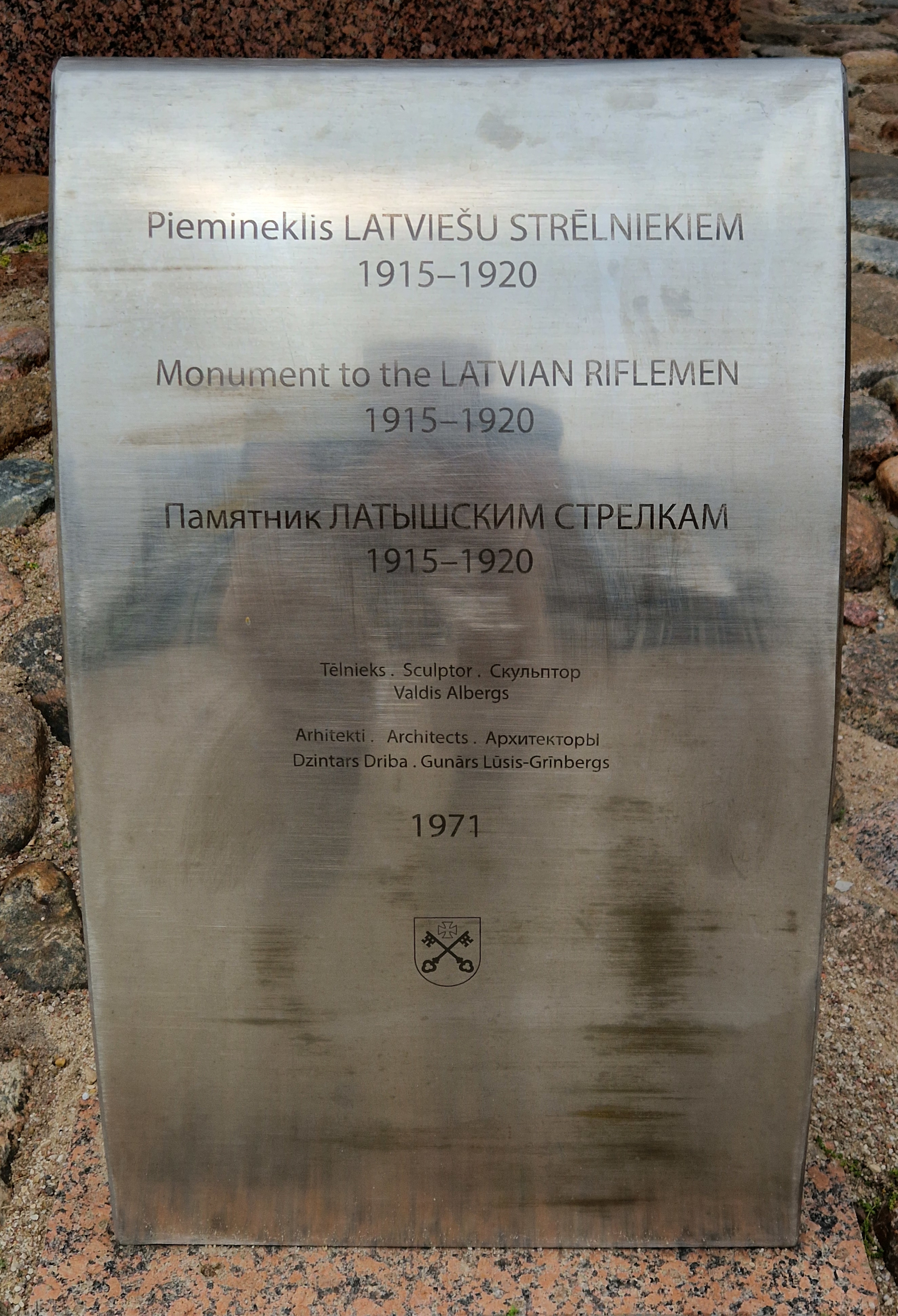
The Latvian Riflemen received orders to arrest the Left Socialist-Revolutionaries. Their preliminary duty was to liberate Dzierżyński from the hands of Left Socialist-Revolutionaries who had taken him hostage. The Russian Socialist Federal Soviet Republic was clearly not yet a properly-functioning police state if this could happen to the Cheka’s chairman.
—Robert Service, The Penguin History of Modern Russia, (Great Britain: Penguin Books, 2020), 103.
This statue is not far from the river, in front of the Occupation museum, and is surrounded by tourists taking photos of the statue, photos of each other in front of the „Riga“ statue. I very much doubt many visitors have much of an inkling what part the Riflemen played in consolidating Bolshevik power in the early Soviet state.
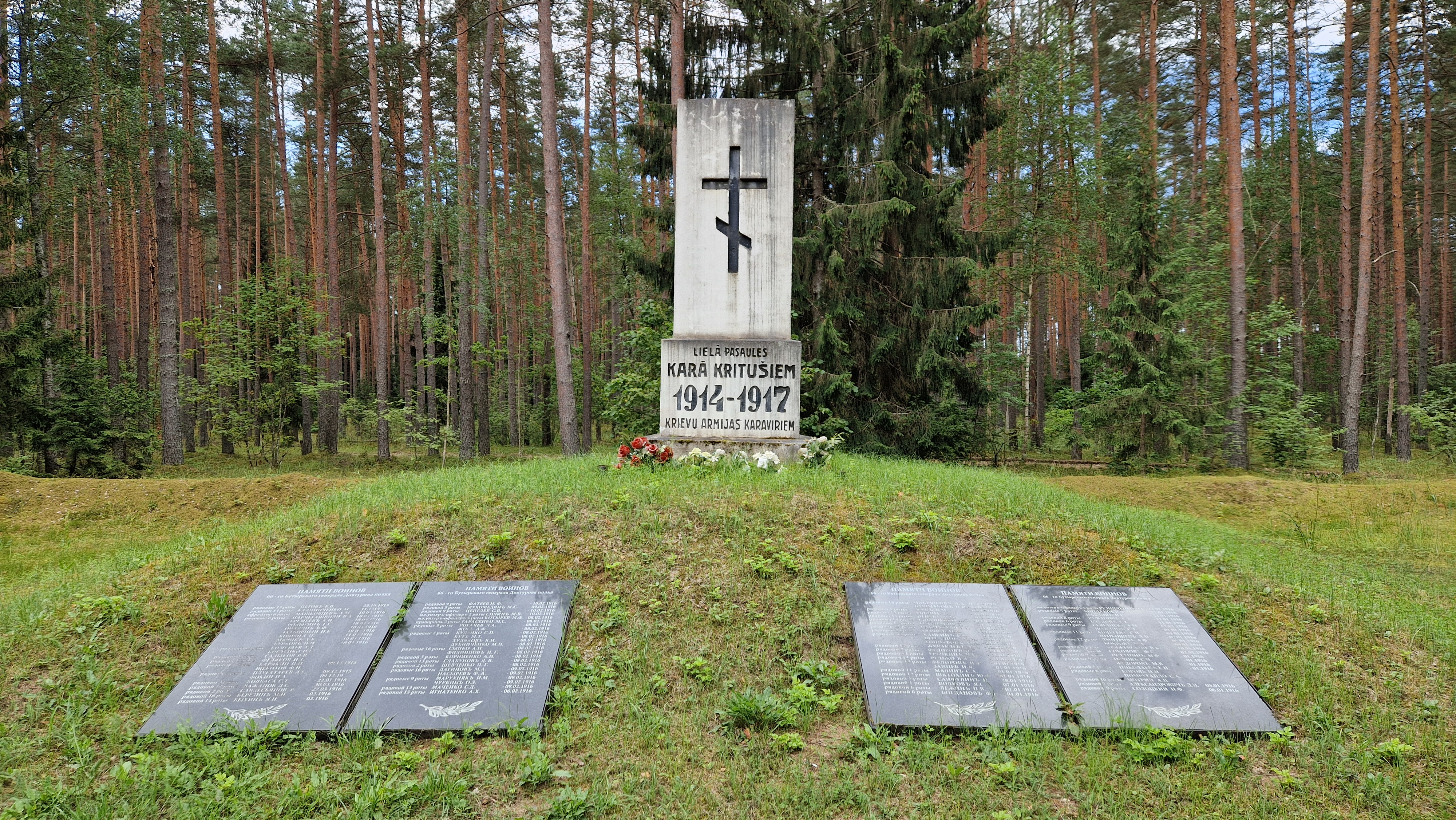
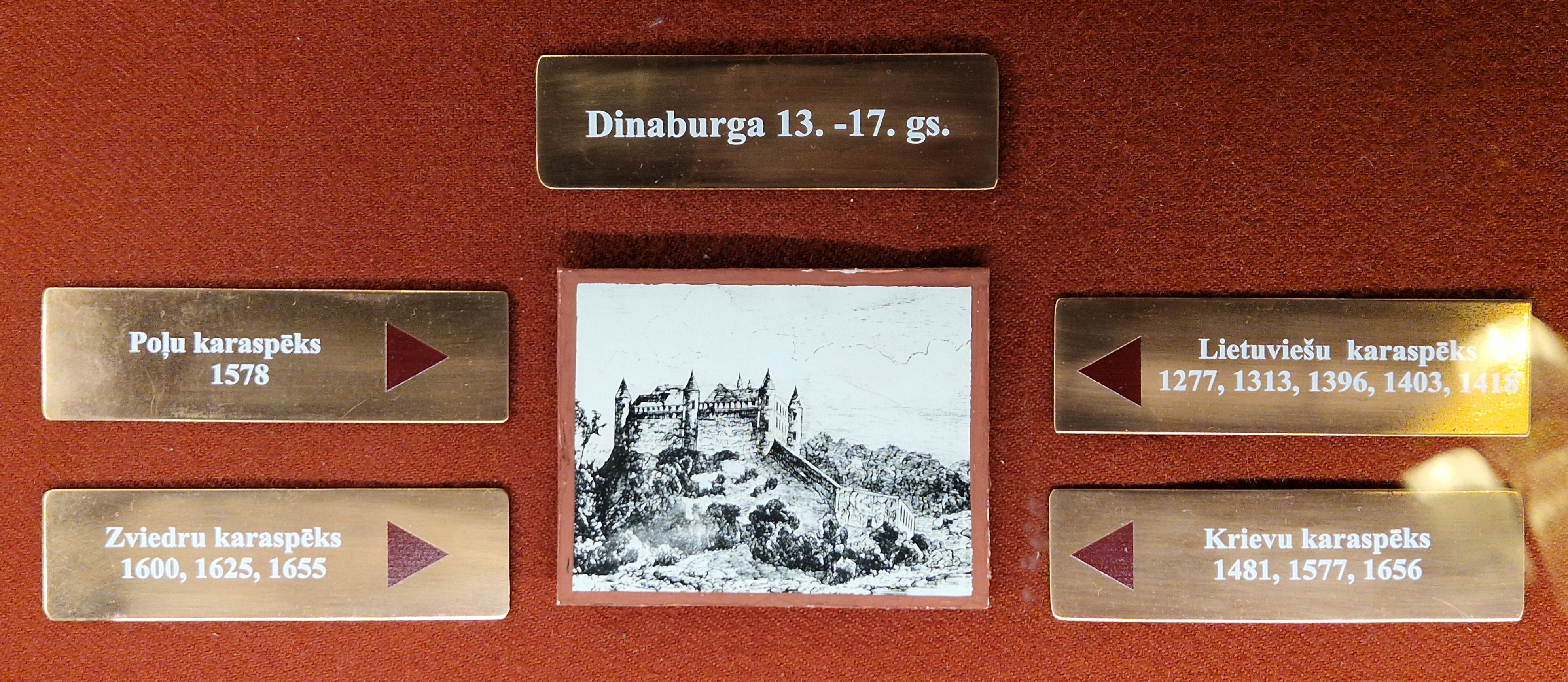
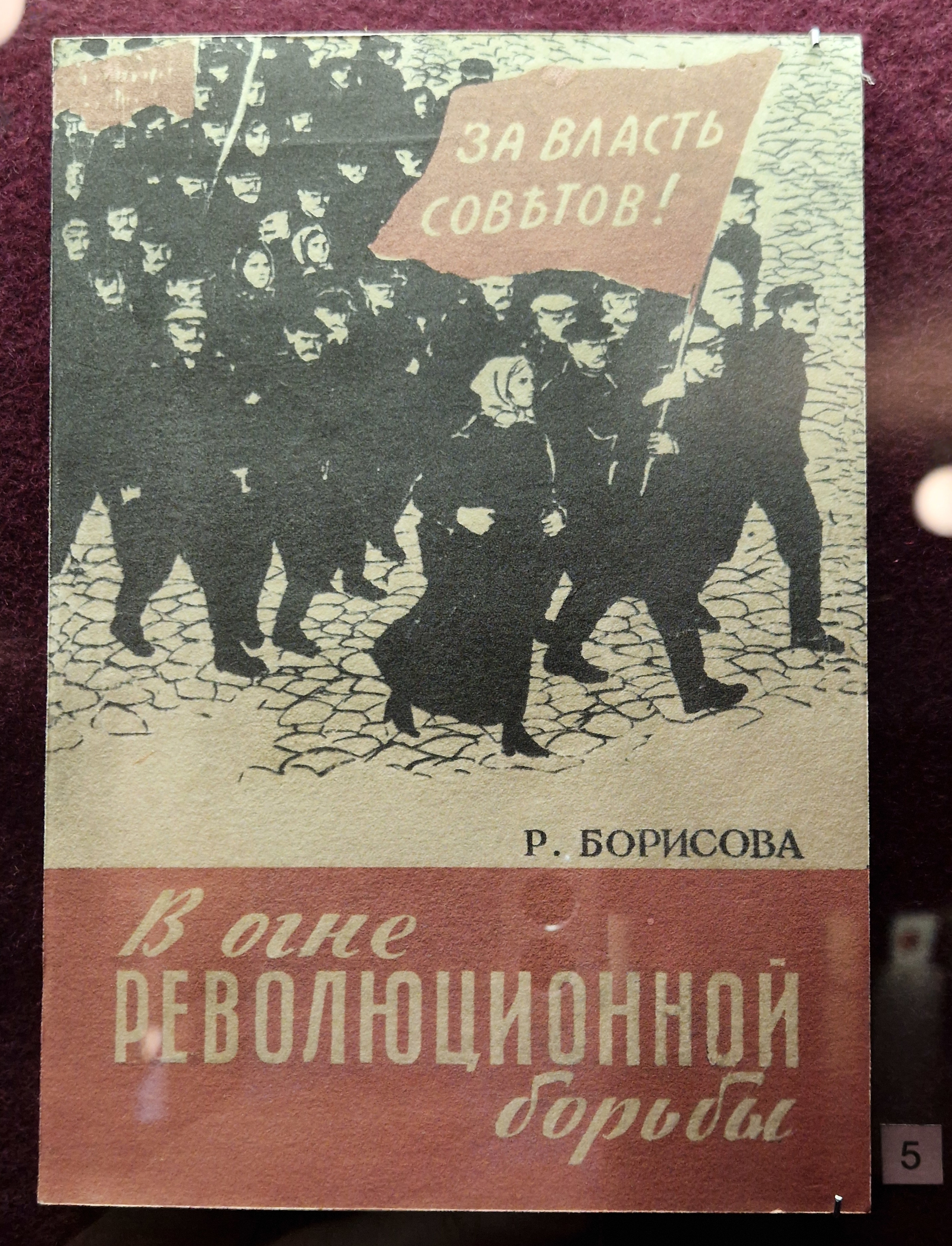
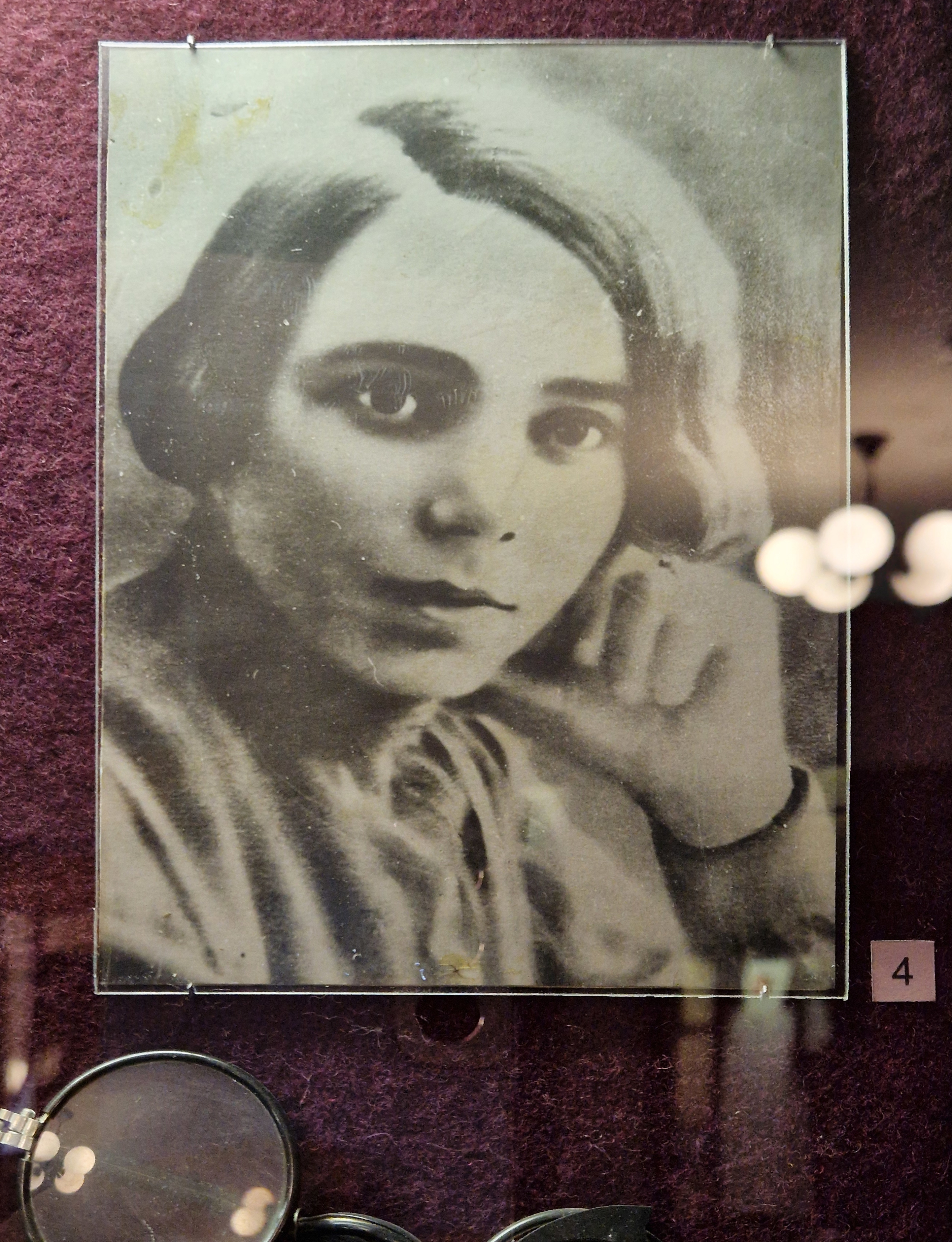
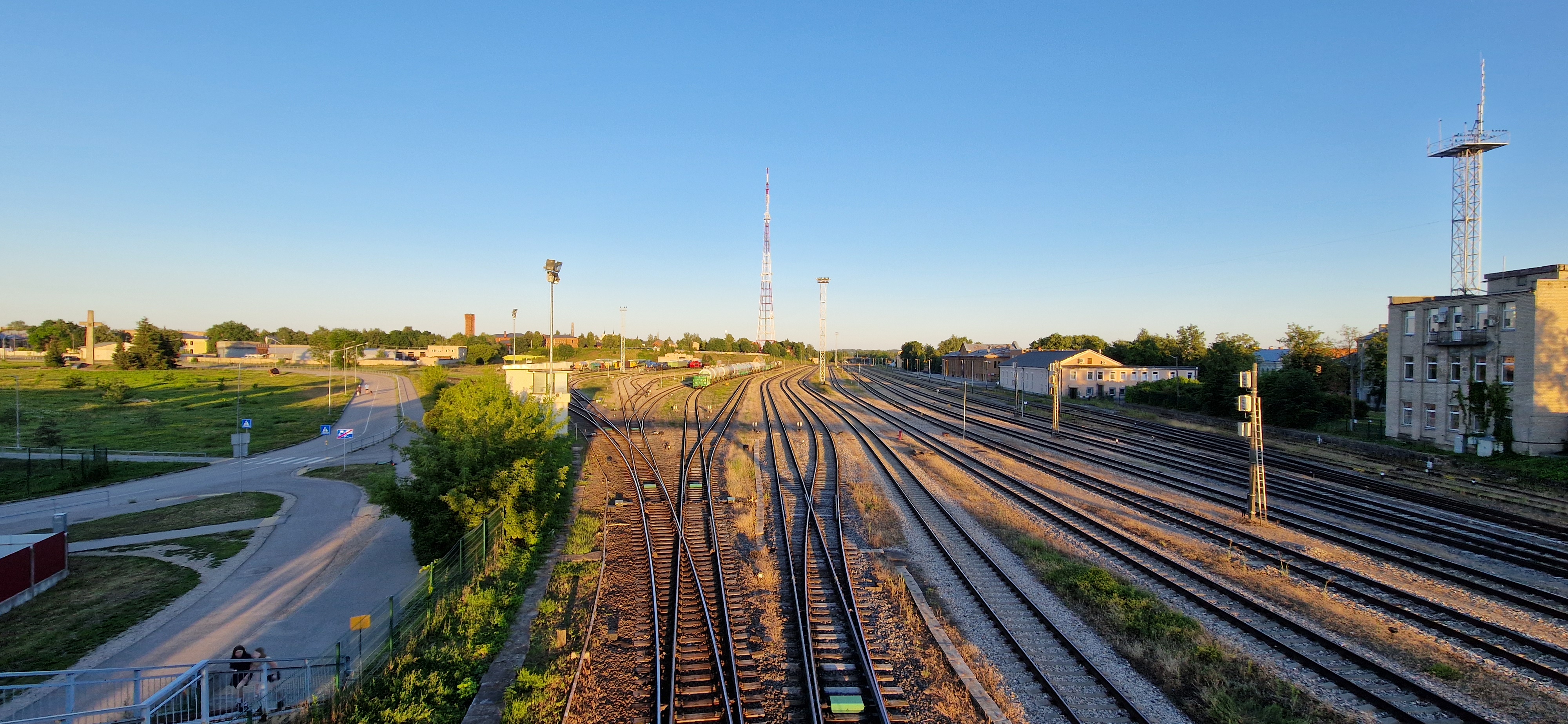
After khachapuri and alus in town, on the footbridge over the tracks on the way back to my hotel, up the hill along the road to the left, past the independence memorial.